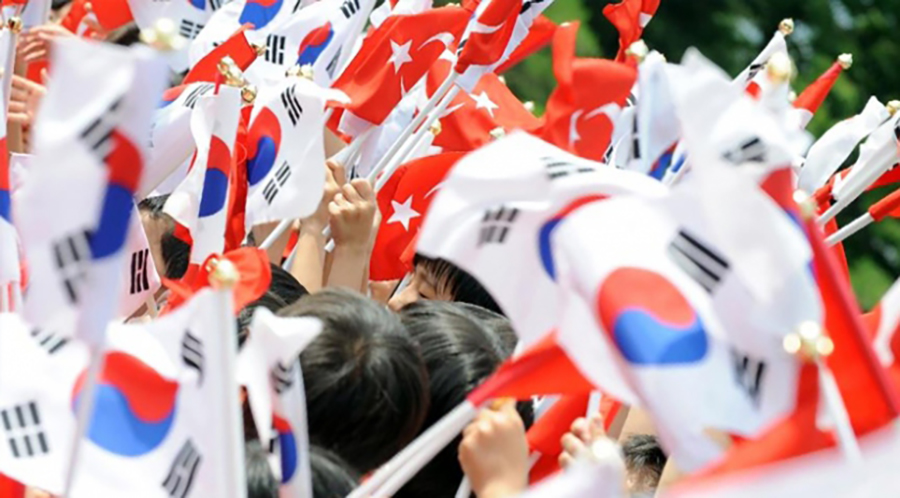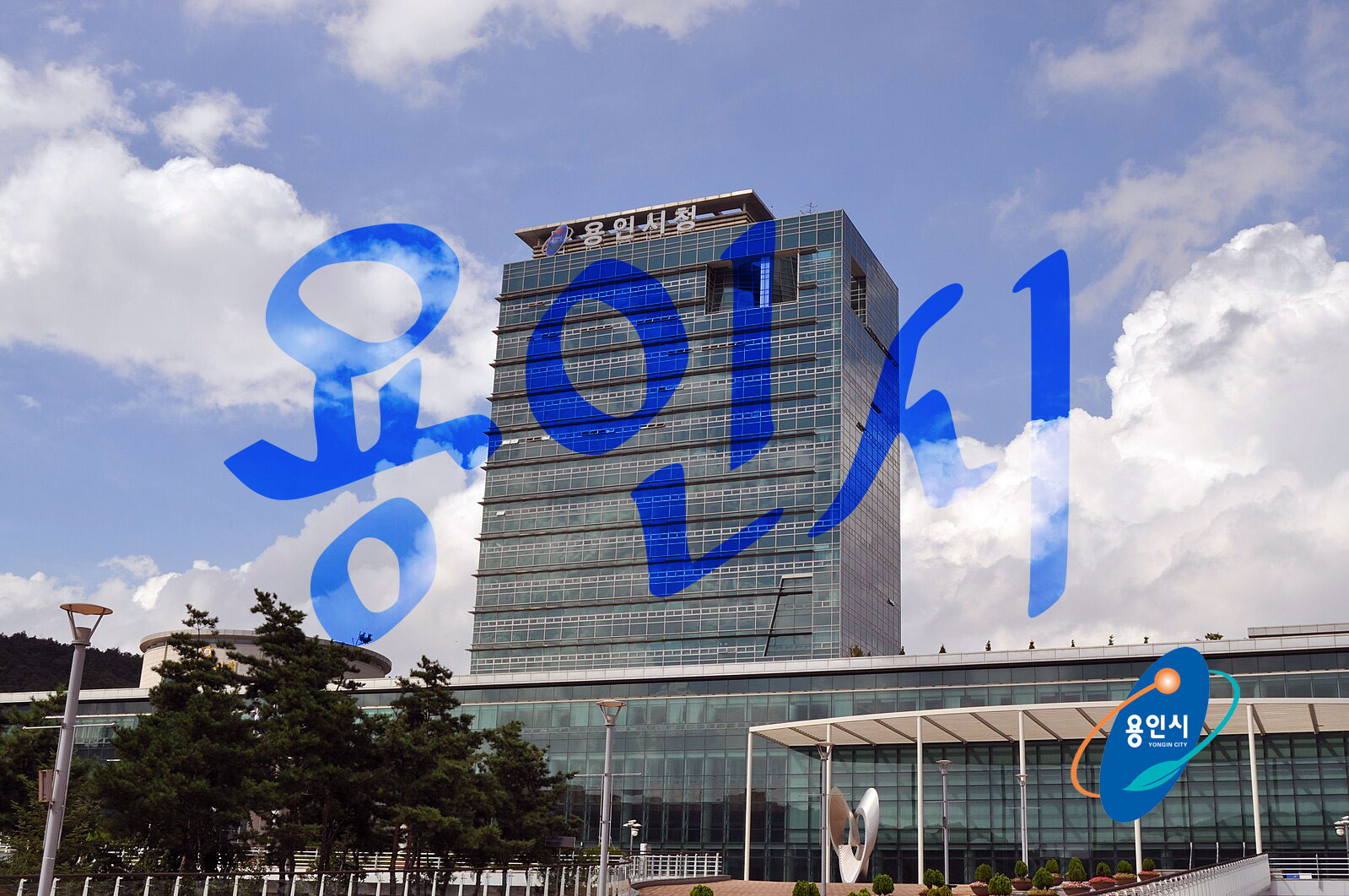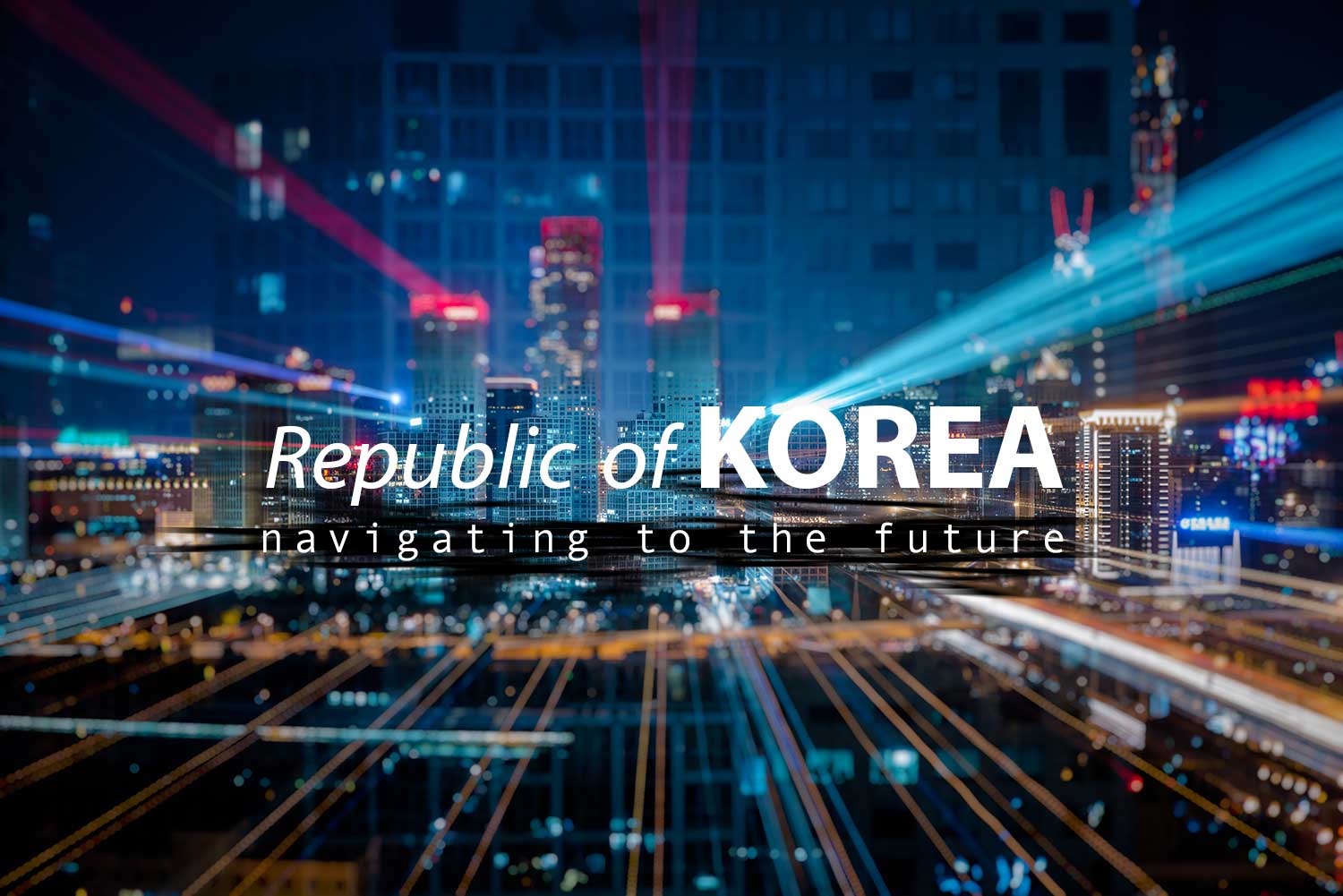Türkiye and South Korea: A Tale of Cultural Harmony and Economic Synergy
The cultural exchange between South Korea and Turkey has a rich history, dating back to the diplomatic relations established in 1957. These early ties laid the groundwork for a profound cultural interaction, leading to a mutual fascination and understanding that has not only enriched the cultural and diplomatic landscapes of both nations but has also significantly strengthened their economic ties.
The cultural exchange between South Korea and Turkey began to take shape with the establishment of the Korean Culture Center in Ankara in 2011. This institution was established with the primary aim of promoting Korean culture and fostering mutual understanding between the two nations. Through exhibitions, language classes, and cultural events, the center has played a pivotal role in introducing Turkish citizens to various aspects of South Korean culture, including cuisine, music, dance, and traditional arts.
The cultural exchange goes beyond institutions like the Korean Culture Center, as South Korean pop culture, particularly K-Pop and Korean dramas, has gained immense popularity in Turkey. The Korean Wave, or Hallyu, has swept across the nation, captivating Turkish youth and generating a strong fan base. Today, there are K-Pop festivals in Turkey that promote Korean culture.
Beyond cultural exchange, South Korea and Turkey have cultivated a robust economic partnership that has flourished over the years. South Korea exports a diverse range of products to Turkey, including automobiles, electronics, and machinery, while Turkey exports textiles, chemicals, and agricultural products to South Korea. The Free Trade Agreement (FTA) signed between the two nations in 2013 has been a pivotal milestone in boosting trade.
Furthermore, investment has played a crucial role in strengthening economic ties. South Korean companies, particularly in the automotive and electronics sectors, have made substantial investments in Turkey. Giants like Hyundai and Samsung have established manufacturing plants and production facilities in Turkey, creating employment opportunities and contributing to technology transfer and skill development. Simultaneously, Turkish companies have ventured into South Korea, exploring opportunities in construction, real estate, and infrastructure development. This two-way investment flow has not only bolstered economic interdependence but has also deepened cooperation in various sectors.

This multifaceted relationship serves as a testament to the power of cultural exchange in building bridges between nations and the potential for economic cooperation when nations share common interests and values. As South Korea and Turkey continue to collaborate and deepen their connections, the future holds the promise of even greater cultural enrichment and economic prosperity for both countries.
By: Ayça Nur Şahin







